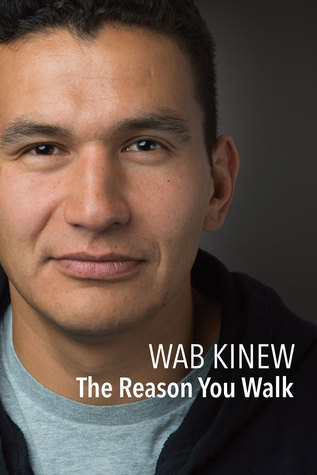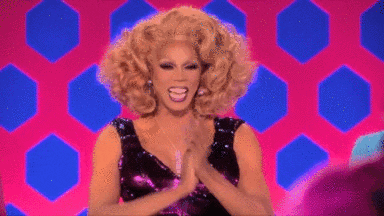What do you think?
Rate this book


273 pages, Hardcover
First published September 29, 2015

I am the reason you walk. I created you so that you might walk this earth.
I am the reason you walk. I gave you motivation so you would continue to walk even when the path became difficult, even seemingly impossible.
I am the reason you walk. I animated you with that driving force called love, which compelled you to help others who had forgotten they were brothers and sisters to take steps back towards one another.
And now, my son, as that journey comes to an end, I am the reason you walk, for I am calling you home. Walk home with me on that everlasting road.
The combined weight of the churches and the Canadian state had been set on crushing children like him when they were just little – barely five, six, or seven years old – but they did not break. They survived. They may have lost some of their friends, and may have been damaged along the way, but they did not give up. They kept speaking their language. They kept practising their culture. They kept praying the way their parents had taught them to. And they waited.
More than any inheritance, more than any sacred item, more than any title, the legacy he left behind is this: as on that day in the sundance circle when he lifted me from the depths, he taught us that during our time on earth we ought to love one another, and we ought to work hard to make them whole again.
This is at the centre of sacred ceremonies practised by Indigenous people. This is what so many of us see, no matter where we begin life.
This is the reason you walk.